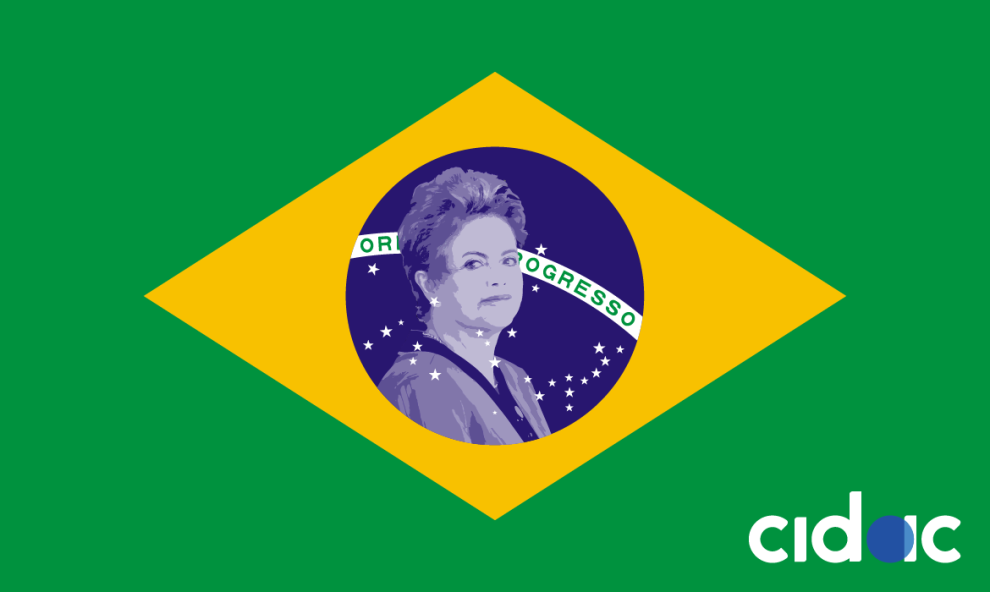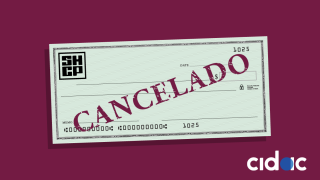Defying the reality is a sport engaged in by all politicians of the universe. However, sooner or later comes the day to pay the piper. Dilma Rousseff was removed because of alleged “crimes of responsibility” in fiscal matters, but her true crime was sustaining a cadence of spending that became unsustainable. The launching of a process of impeachment is exceedingly serious and worrisome, and all the more so when it entails a strong dose of vindictiveness and petty political disputes, but all of that does not preclude her country’s finding itself in a critical economic situation, the product of an economic strategy that she and her predecessor adopted and prolonged beyond the viable.
President Lula and President Dilma were benefited, first, from the reforms processed by the Cardoso government in the nineties but, above all, by the growth in the price of commodities that, for a decade, they exported to China. When the commodities bubble burst, the entire strategy of ever growing spending and interminable redistribution without consideration for the growth of productivity became unviable.
The strategy seemed sensible: effecting transfers with the Bolsa Familia program (designed after the Mexican Solidaridad-Progresa Program), with the objective of generating greater consumption by the most destitute population as a means of emerging from poverty. The result was immediate: millions of the poorest Brazilians began to enjoy formerly unthinkable consumption power. Nonetheless, the other side of the coin was absolute madness: there was no similar growth in productivity and, more important yet, the distribution program was not modified when the economy capsized, the product of the fall of exports.
In the end, the spectacular growth that the Brazilian economy had achieved for several years did not lead to the creation of internal engines of growth that would maintain it when the commodities boom evaporated. That is, they did the same thing that Mexicans have done with oil. The essential difference is that the Brazilians collect more taxes that Mexico but are not wealthier: they spend like prosperous Scandinavians but have a third-world infrastructure.
The “temporary” removal of the Brazilian President is an internal political affair of that country, about which I do not know enough, thus I dare not opine. But the evident lesson of the changes that occurred during the Rousseff presidency is that public expenditure is not a sustainable pathway toward development. An economy grows when there are conditions for making investment and an environment in which productivity grows in a systematic way. The Mexican crises of the eighties, the Asian crisis of 1997, the Russian crisis of 1998 and now the Brazilian crisis –not to mention the recurrent crises of Argentina and the approaching one in Venezuela- have a common denominator: all came about from attempts to defy the most basic economic logic.
The spectacular growth rates that the Brazilian economy underwent in recent years led many -in Mexico and outside it- to find fault with the Mexican government for its austerity (more in years past than at present). The Brazilians, the critics affirmed, had been able to diminish poverty in a none too despicable part of the population and its economy grew at rates that Mexicans have not seen since the sixties. It is now evident that that growth was due to exceptional circumstances –the Chinese demand for goods, mainly those for mining and agriculture and cattle-raising, in which Brazil had specialized- that are not repeatable.
During these years Brazil experienced what Mexico had in the seventies: they defied the reality and it came back to charge them every penny. Brazil has no option other than to begin to reform its economy. It would be wonderful if they learned from Mexico that reforms have to be real in order for growth to be high and sustained and not mediocre like ours.
Attacking corruption
Only naiveté can lead to thinking that a statement of patrimony and the publication of a tax return can lead to eradicating corruption and not to simulation. Given the core historical function that corruption has played in Mexico’s political system, the only way of ending corruption is by changing the structure of incentives and factors that make it possible.
In the first place, it would have to commence by modifying the powers that the bureaucracy relies on that, de facto, allow it to make decisions on purchases, contracts and multimillion allocations virtually without checks and balances. That would require changes in the laws, as well in the granting of full faculties, with teeth, to the Chief Audit Office of the Federation (within the congress), in order for there to exist an organ in the legislative branch that could effectively prosecute corruption.
In second place, a law would have to be approved that protects a person who denounces irregularities and cases of corruption, a whistle blower program. And even, as in some countries, it could confer a reward on those who accuse someone of something when those cases do indeed lead to sentencing.
Finally, it would have to draw a line in the sand with respect to the past, an end-point law, by which, through a determined payment, each person -public or private- who participated in an act of corruption is protected from any persecution regarding what has gone on before. This could seem unjust but one must start somewhere. And one must never lose sight of that only by envisioning the future will it be possible to change the present reality.
@lrubiof




Comments